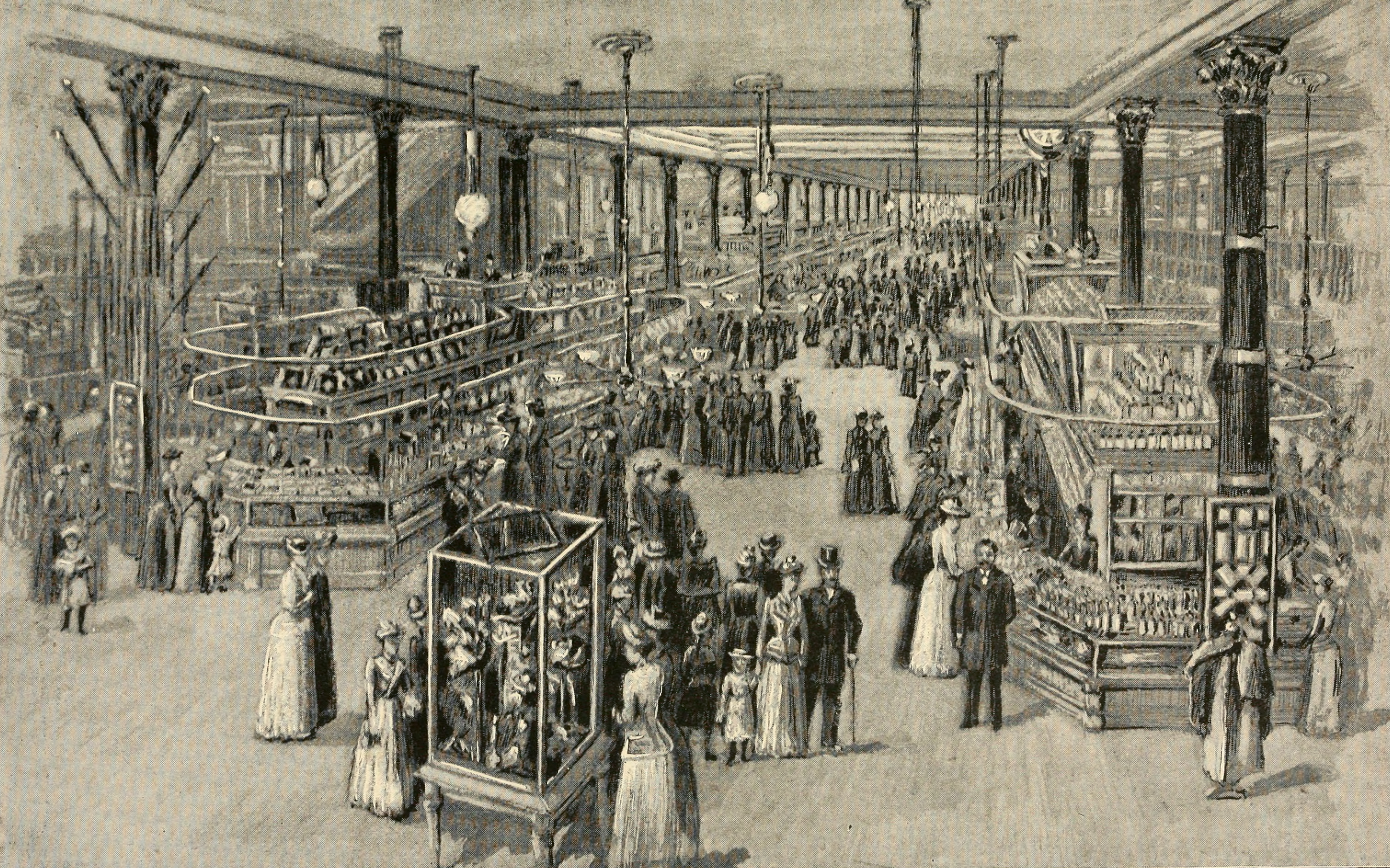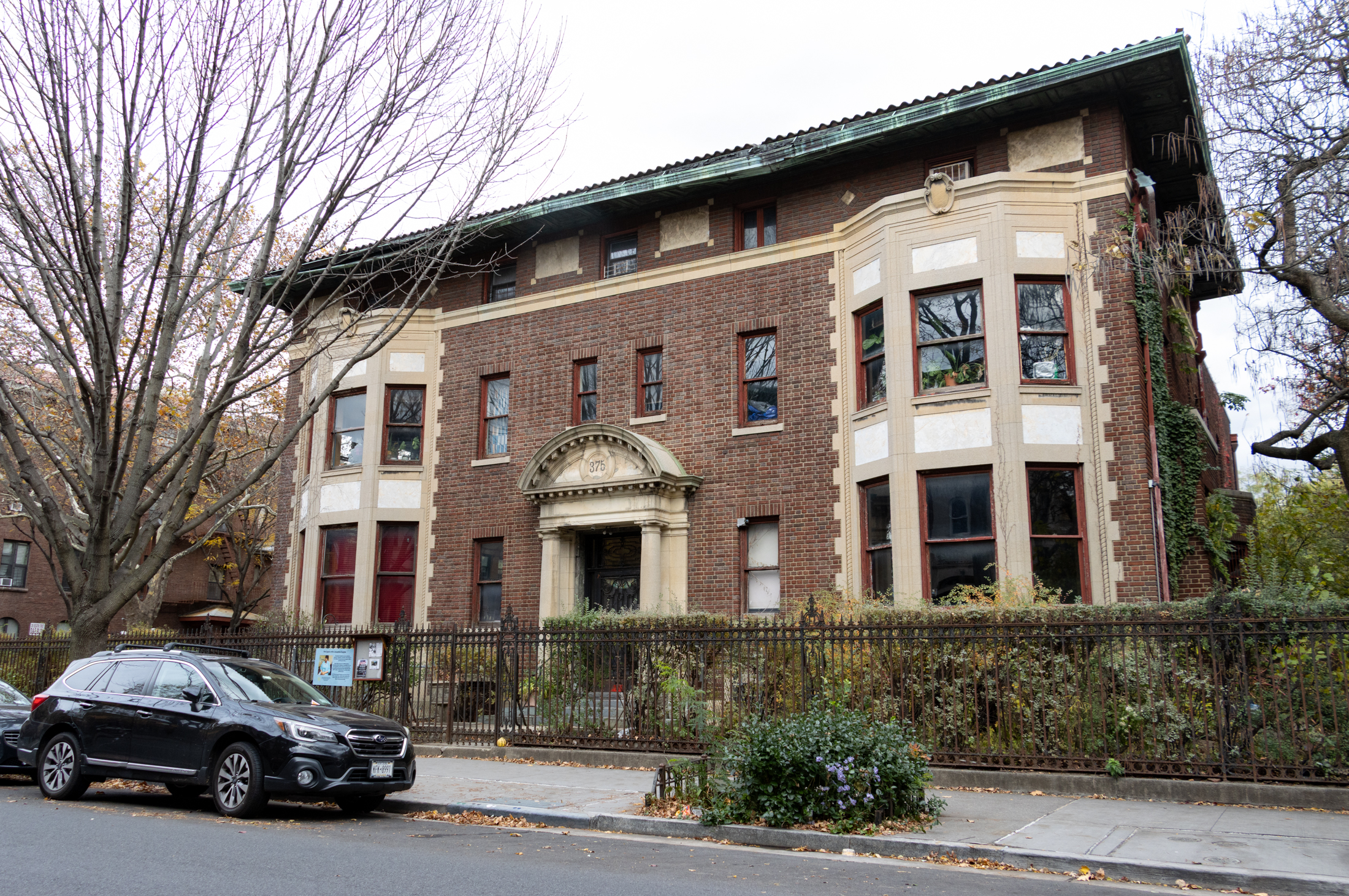Brooklyn Ground Zero for Lead Soil Problems
Gardens of houses built before 1978 (when lead-based paint was banned) are likely to contain soil with excessive levels of lead, according to an article in today’s New York Times, which means that most Brooklynites with access to a back yard have some work to do. Frank Meuschke, an artist living in a rented house…

 Gardens of houses built before 1978 (when lead-based paint was banned) are likely to contain soil with excessive levels of lead, according to an article in today’s New York Times, which means that most Brooklynites with access to a back yard have some work to do. Frank Meuschke, an artist living in a rented house in Brooklyn, had his soil tested at Brooklyn College for $12 and found that it contained nine times the normal amount of lead. The health implications go beyond whether it’s safe to eat a tomato from your garden– Gabriel Filippelli, a professor of earth science at Indiana University-Purdue University has shown a direct correlation between lead levels in people’s blood and how much lead is in the soil where they live. Approaches to dealing with the problem include replacing the soil altogether to putting down sod to mixing in compost and lime. What approaches have readers used?
Gardens of houses built before 1978 (when lead-based paint was banned) are likely to contain soil with excessive levels of lead, according to an article in today’s New York Times, which means that most Brooklynites with access to a back yard have some work to do. Frank Meuschke, an artist living in a rented house in Brooklyn, had his soil tested at Brooklyn College for $12 and found that it contained nine times the normal amount of lead. The health implications go beyond whether it’s safe to eat a tomato from your garden– Gabriel Filippelli, a professor of earth science at Indiana University-Purdue University has shown a direct correlation between lead levels in people’s blood and how much lead is in the soil where they live. Approaches to dealing with the problem include replacing the soil altogether to putting down sod to mixing in compost and lime. What approaches have readers used?





Sunflowers and mustard greens actually help leach the lead out of the soil so sometimes people recommend planting those first and then plant your tomatoes or whatever in the same area. We do raised beds for our greens, my backyard in sleepy, non-industrial Windsor Terrace, near the park, tested high for lead and cadmium. My kids play in the backyard without worry though…
I had my soil tested with UMass about 8 years ago and it was the same story – elevated lead. They also told me that plants with fruits – tomatoes, cucumbers, zucchini, etc. – do not leach lead into the fruit itself. UMass advised against planting and eating root vegetables and leafy vegetables as the lead becomes present in the food. I’ve eaten a lot of tomatoes since then and haven’t had any probleasfgsdmkal;lk;mf;. IJOGjjzzzzzzzzzzz.
Bad joke.
But the more organic material, e.g., compost, you put into the soil the less likely lead is to leach into your food.
For what it’s worth I’ve fed my kids the tomatoes and they’ve had no elevated lead in their blood according to their (semi-loony) pediatrician. Also, the Brooklyn Botanical Garden told me (in 2001) that gardening in Brooklyn is totally safe and that tests weren’t even needed…
now we have to have clean dirt. Oy! the things the idle rich will worry about.
DIBS,
Lead pipe water service isn’t a hazard because the inside of the main was quickly coated with mineral deposits. I had mine replaced with copper only after it sprung a leak in the street. That was about 15 years ago. My house is probably 20–25 years newer than yours; I’m afraid your water main is living on borrowed time 🙁
I plant. I eat. I live.
I’ve got a lead pipe water service into the house too.
iz, my guess is that there’d be way more research (and, as always, fear of potential liability) involved before they could making conclusions like that. as i understand it, the problem is that so many different things can contribute to lead in the soil that a “good” location isn’t necessarily a good predictor of good soil. for example, residential areas near heavy-traffic streets can have very high lead levels, because of years of leaded-gas exhaust.
My strategy has been to studiously ignore this. It’s working so far.
Overly alarmist IMO.
Consider the last couple of lines from the NYT article:
“‘You can’t assume what you buy at the grocery store is any safer.’ Peanuts anyone?”
Wait a minute. Brooklyn’s a big area. WHERE in brooklyn does this dude live? I mean, if you’ve got a plot in Gowanus, Red Hook, Williamsburg or Greenpoint, yeah, I’d be a little nervous eating out of that ground. Or even sitting on it. But there are other areas that have been agricultural and then residential since they were settled — are they at the same risk of having toxic chemicals in their soil?
That doesnt preclude the necessity of a soil test WHEREVER you live in an urban environment, but it does strike me as odd that they don’t mention how some areas are far higher risk than others.